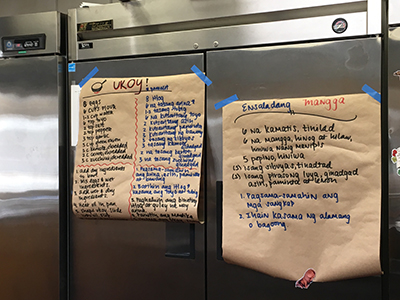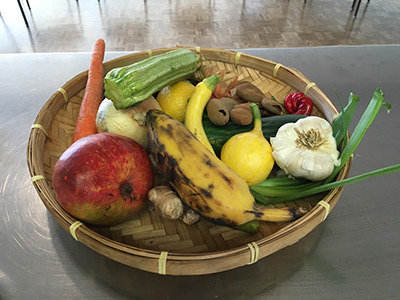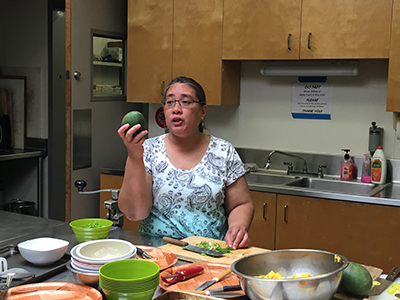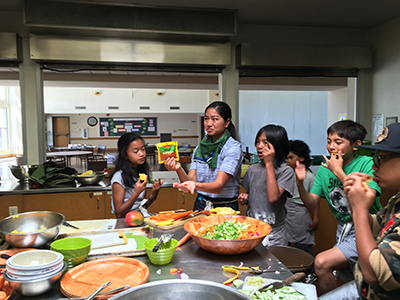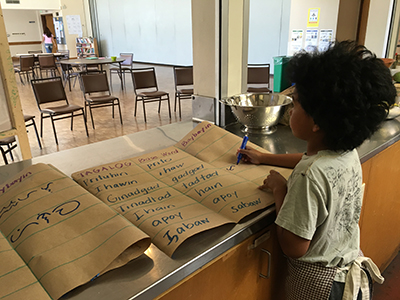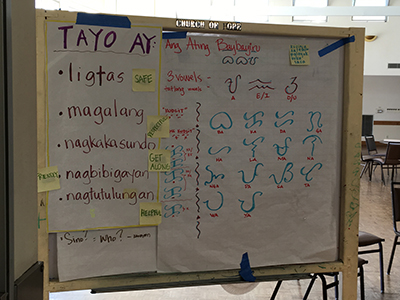
Sama Sama Cooperative
Sama Sama Cooperative began in Berkeley in 2014 with a group of five Pilipino parents. The organization is creating an alternative educational experience with diverse experiences in traditional arts, education, environmental justice, science, and community organizing. Sama Sama means “all together” in Tagalog and is a summer program for Pilipino and Pilipino-American youth, ages 5-11 years, emphasizing language acquisition and pre-colonial arts, as a cornerstone to strong and unique cultural identity for second- and third-generation children.
Funding from ACTA’s Living Cultures Grants Program in 2016 will support traditional artists and culture bearers who will participate around the theme of “Tubig at Paglalakbay,” or water and migration, in the four-week session in June through July.

